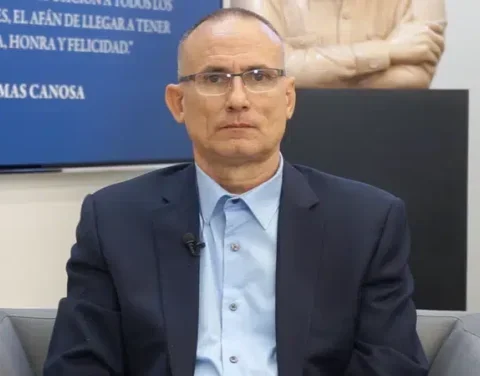The Chilean Wood Corporation (Corma) entered this Saturday in the controversy between the President of the Republic, Gabriel Boric, and the Factory Development Society (Sofofa) and said it was willing to “talk” about the future and possible change of exploitation model.
In a statement, the powerful timber lobby specified that this reflection, requested by the President and criticized by the country’s main business institution, which described this debate as inappropriate, should be done “once the emergency is over.”
You may also like:
“We are available to have the conversations that are required later, once the emergency we are experiencing is over,” said Corma, according to the letter consigned by Agencia EFE.
Corma took advantage of the statement to insist on the need to prosecute those responsible for the fires, which have been active for a week in four regions of central Chile and which are already the most devastating and deadly in decades.
According to the latest figures, more than 366,000 hectares have already burned, 24 people have died, more than 1,200 families have lost their homes, there are close to 6,000 victims, and around fifteen people have been arrested for their alleged responsibility, most of them for acts of negligence.
In this sense, Corma stressed that “the urgent thing is to move forward in identifying those responsible for these intentional fires. It is not only us who have denounced the intention of the fires, they are reports from mayors, brigade members, neighbors.”
“Here there is intelligence work behind it, they are fires that start in certain sectors, at certain times, several of them with multi-focus,” he added.
On Friday, President Boric assured that “a longer-term discussion regarding the forestry industry is necessary, a different regulation” that adapts to the new times and that promotes “a regulation that allows all precautions to be clarified.”
This Saturday, after the criticism from Sofofa, he insisted that what he was pointing out is that, later on, they must “have a conversation that is typical of a democracy, regarding the corresponding regulation -if it is good or bad, if it is can improve – on the forestry industry, which has tremendous relevance, particularly in the Ñuble and Biobío regions”.
The powerful Chilean business lobby responded to the Head of State that his words were “inappropriate and totally out of context”, and assured that in his opinion “it has no relationship with the events that occurred” despite the fact that experts point to the pine monoculture and eucalyptus and the overexploitation of these species as one of the main reasons for the disaster.

















